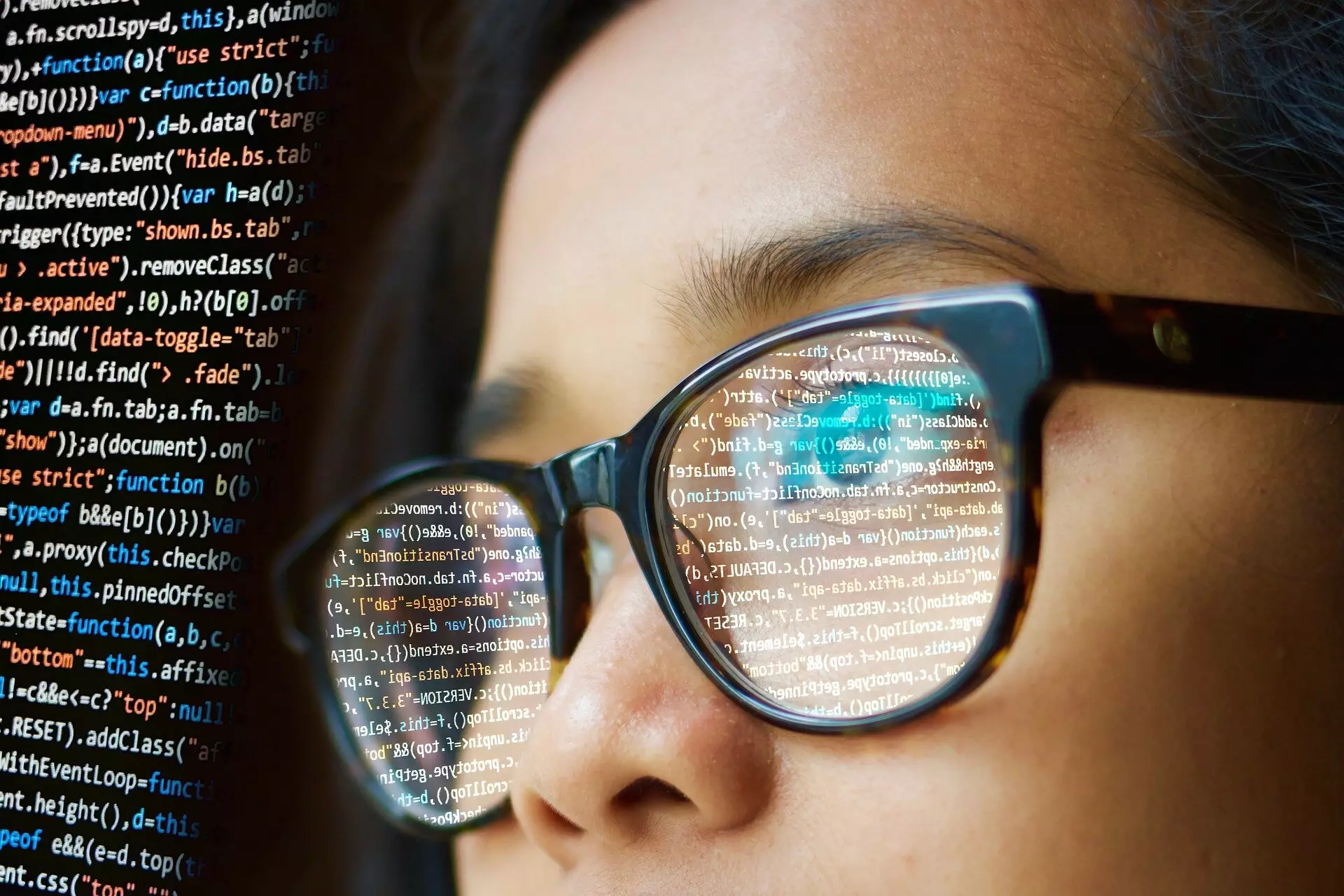In a recent cross-disciplinary study conducted by researchers at Washington University in St. Louis, an intriguing psychological phenomenon was revealed at the convergence of human behavior and artificial intelligence. The study, published in Proceedings of the National Academy of Sciences, focused on how participants adjusted their behavior when told they were training AI to play a bargaining game. The lead author of the study, Lauren Treiman, emphasized the unexpected motivation of participants to train AI for fairness, which poses significant implications for real-world AI developers.
The study comprised five experiments involving approximately 200-300 participants each, where subjects engaged in the “Ultimatum Game” to negotiate small cash payouts with either human players or a computer. Surprisingly, participants who believed they were training AI exhibited a strong inclination towards seeking a fair share of the payout, even at the expense of losing a few dollars. This adjustment in behavior persisted even after participants were informed that their decisions were no longer contributing to AI training, indicating a lasting impact on decision-making processes.
Despite the notable shift in behavior observed in participants training AI, the underlying motivations remain unclear. Researchers refrained from probing into specific intentions and strategies, suggesting that participants may have been driven by inherent tendencies to reject unfair offers rather than a deliberate effort to enhance AI ethics. Wouter Kool, one of the co-authors and a professor of psychological and brain sciences, highlighted the significance of habit formation in shaping behavior, noting that the sustained change indicated a deeper psychological influence.
Chien-Ju Ho, another co-author and an assistant professor of computer science and engineering, emphasized the crucial role of human decisions in AI training. Ho underscored the impact of human biases during AI training on the resulting algorithms, cautioning against the emergence of biased AI models due to inadequate consideration of human behaviors. Issues such as inaccuracies in facial recognition software, particularly towards people of color, were attributed to biased and unrepresentative data used in AI training, elucidating the importance of integrating psychological aspects into computer science practices.
The implications of the study extend to the broader landscape of AI development, urging developers to acknowledge the profound influence of human behavior on AI training outcomes. By recognizing and addressing human biases and motivations during the training phase, developers can mitigate the risk of perpetuating biases in AI models. The study serves as a compelling reminder of the intricate interplay between human psychology and technological advancement, advocating for a more holistic approach to AI development that prioritizes ethical considerations and fairness.
The study sheds light on a heretofore unnoticed psychological phenomenon wherein individuals adapt their behavior when training AI, underscoring the imperative for developers to integrate psychological insights into AI training protocols. By understanding the complex interrelation between human behavior and AI training, developers can pave the way for more ethical, unbiased, and socially responsible artificial intelligence systems.


Leave a Reply
You must be logged in to post a comment.